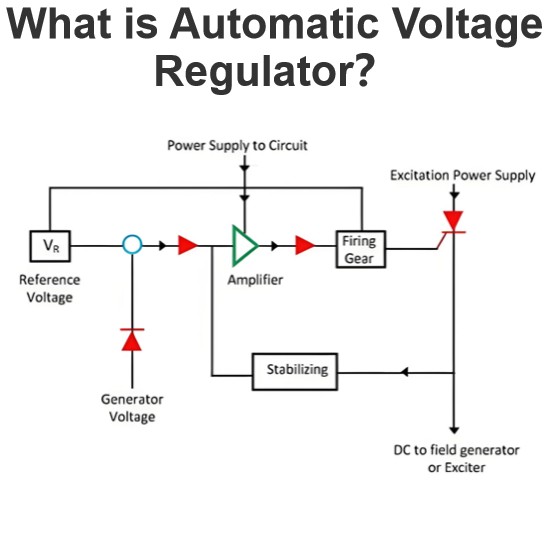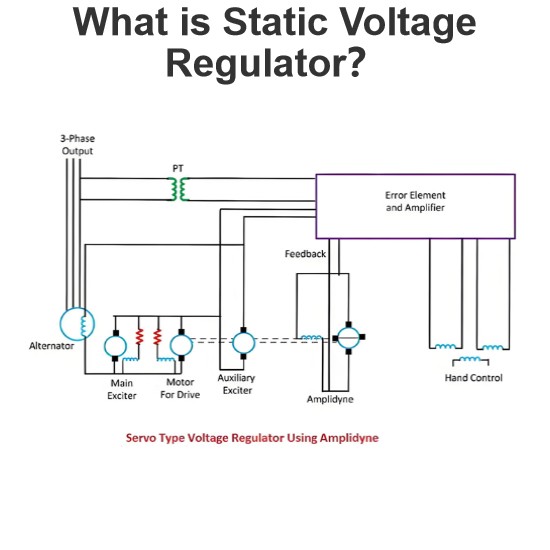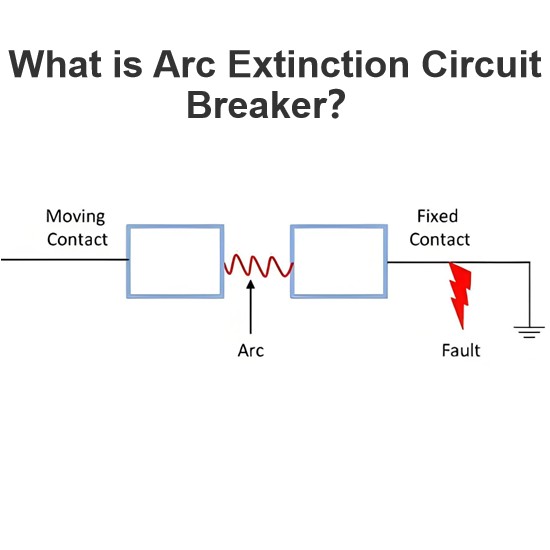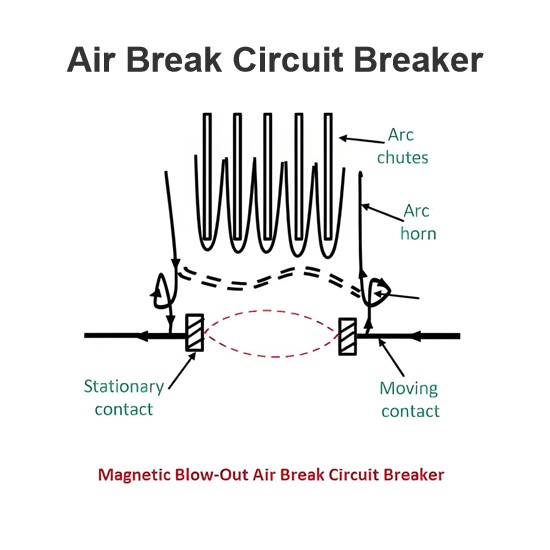How does RCD testing ensure the effectiveness of residual current devices?
A Residual Current Device (RCD) is an important electrical safety device used to detect and interrupt residual currents (i.e., leakage currents) in electrical circuits to prevent electric shocks and electrical fires. To ensure the effectiveness of RCDs, regular testing is essential. Here are the methods and steps for RCD testing, and how these tests ensure the effectiveness of RCDs:
RCD Testing Methods
1. Functional Testing
Purpose: To verify whether the RCD operates correctly when residual current is detected.
Steps:
Turn off all loads to ensure no current is flowing in the circuit.
Press the test button on the RCD. This simulates a residual current, triggering the RCD to trip.
Observe whether the RCD disconnects the circuit within the expected time. Typically, an RCD should trip within 30 milliseconds.
If the RCD successfully disconnects the circuit, it indicates that it is functioning properly. If it fails to trip, further inspection and repair are needed.
2. Sensitivity Testing
Purpose: To verify that the sensitivity of the RCD meets the required standards.
Steps:
Use a dedicated RCD tester and set the desired test current (e.g., 30mA, 100mA).
Connect the tester to the input terminals of the RCD.
Activate the tester to inject the set residual current.
Observe whether the RCD disconnects the circuit within the expected time.
Record the test results to ensure that the RCD's sensitivity complies with the manufacturer's specifications.
3. Durability Testing
Purpose: To verify that the RCD maintains its performance after multiple operations.
Steps:
Repeat the functional and sensitivity tests multiple times, typically dozens or more.
Record the results of each test to ensure that the RCD continues to operate correctly after multiple trips.
If a decline in performance is observed, repair or replacement may be necessary.
How to Ensure the Effectiveness of RCDs
1. Regular Testing
Frequency: It is recommended to perform functional tests monthly and sensitivity and durability tests annually.
Record Keeping: After each test, record the results to track changes in the RCD's performance over time.
2. Professional Training
Training: Ensure that operators receive professional training in RCD testing to understand the correct methods and procedures.
Certification: Use certified testing instruments and equipment to ensure the accuracy of test results.
3. Maintenance and Care
Cleaning: Regularly clean the RCD and its connection points to prevent dust and dirt from affecting performance.
Inspection: Regularly inspect the wiring and installation of the RCD to ensure there are no loose connections or damage.
4. Timely Maintenance and Replacement
Repair: If tests reveal a decline in RCD performance or a fault, perform repairs promptly.
Replacement: Replace RCDs that cannot be repaired with new, qualified products.
Summary
By conducting regular functional, sensitivity, and durability tests, the effectiveness of RCDs can be ensured. These tests not only verify whether the RCD can trip correctly when residual current is detected but also ensure that its sensitivity and durability meet the required standards. Professional training, maintenance, and timely repair or replacement further enhance the reliability and safety of RCDs.
The Electricity Encyclopedia is dedicated to accelerating the dissemination and application of electricity knowledge and adding impetus to the development and innovation of the electricity industry.













